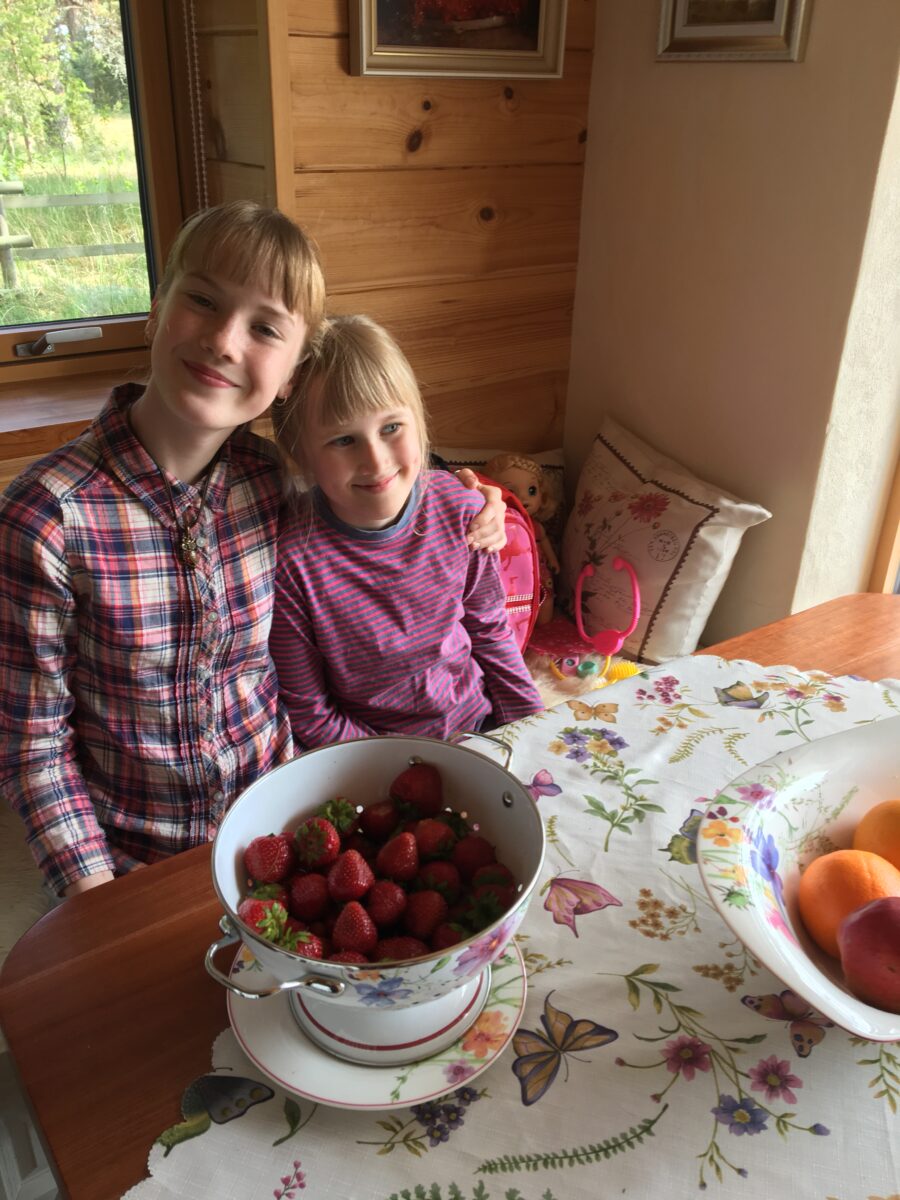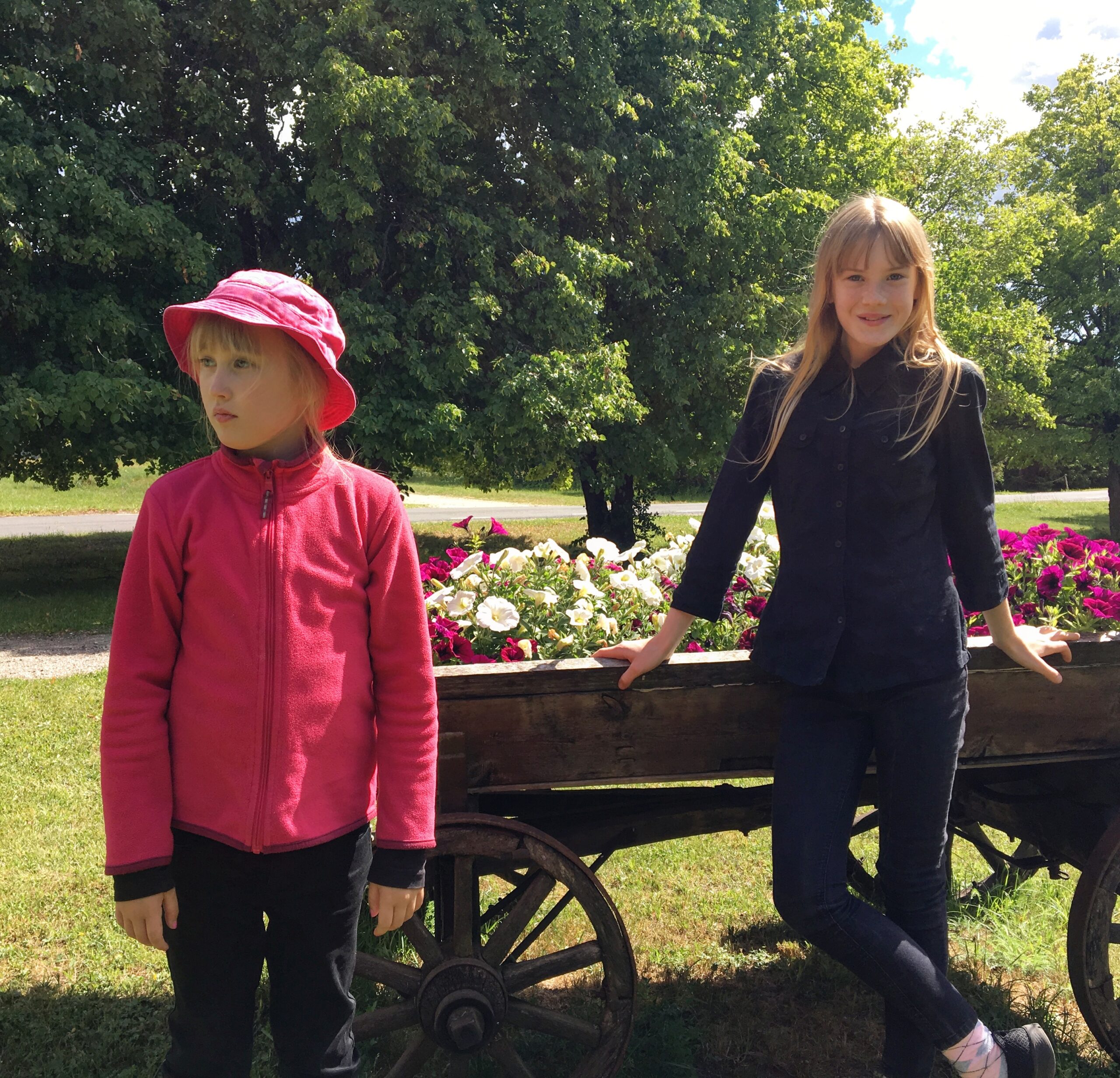NordenBladet – In Estonia and Nordic countries child’s upbringing and environment plays a crucial role in shaping their beliefs, values, and attitudes.
The upbringing and environment of a child play a crucial role in shaping their beliefs, values, and attitudes in Estonia and Nordic countries due to the cultural emphasis on these factors as key determinants of personal development.
In Estonia and Nordic countries, the family is considered the primary agent of socialization, with parents and other caregivers providing the foundation for a child’s growth and learning. The educational system also supports this model, with a strong emphasis on child-centered learning and the development of critical thinking skills.
Additionally, the Nordic welfare state provides a comprehensive network of social services and support for families, including access to high-quality early childhood education and care, health care, and family leave policies. These resources help to create a supportive environment for children to grow and thrive.
The effectiveness of this model is demonstrated by the high levels of social trust, equality, and well-being that are characteristic of Nordic societies. Children in these countries have better educational outcomes, lower levels of poverty and inequality, and higher levels of health and well-being compared to many other countries.
These tips below demonstrate the many different factors that can shape a child’s beliefs, values, and attitudes and why it is important to consider the full range of influences on child development. By providing a supportive and nurturing environment, families, educators, and communities can help children grow into well-rounded, confident, and compassionate individuals.

Family Influence: The family is the primary source of socialization for a child and shapes their values, beliefs, and attitudes through modeling and teaching.
Educational Experience: Schools and other educational institutions play a key role in shaping a child’s beliefs and values by providing structured learning experiences and shaping their critical thinking skills.
Social and Cultural Context: The broader social and cultural context, including religious beliefs, political values, and community norms, also shape a child’s beliefs and attitudes.
Peer Relationships: Peer relationships and social networks play an important role in shaping a child’s beliefs and attitudes, particularly during adolescence.
Media and Technology: The media and technology that children are exposed to, including TV, movies, and the internet, can have a significant impact on their beliefs, values, and attitudes.
Personal Experiences: A child’s personal experiences, such as significant life events, can also shape their beliefs and attitudes by influencing their perspectives and worldview.
The Nordic model of child-rearing and upbringing provides a holistic approach to child development that recognizes the importance of both the family and the broader social environment in shaping a child’s beliefs, values, and attitudes. While it is not without its challenges, it remains an effective and widely admired approach to raising healthy, happy, and well-adjusted children.
Photos: NordenBladet

